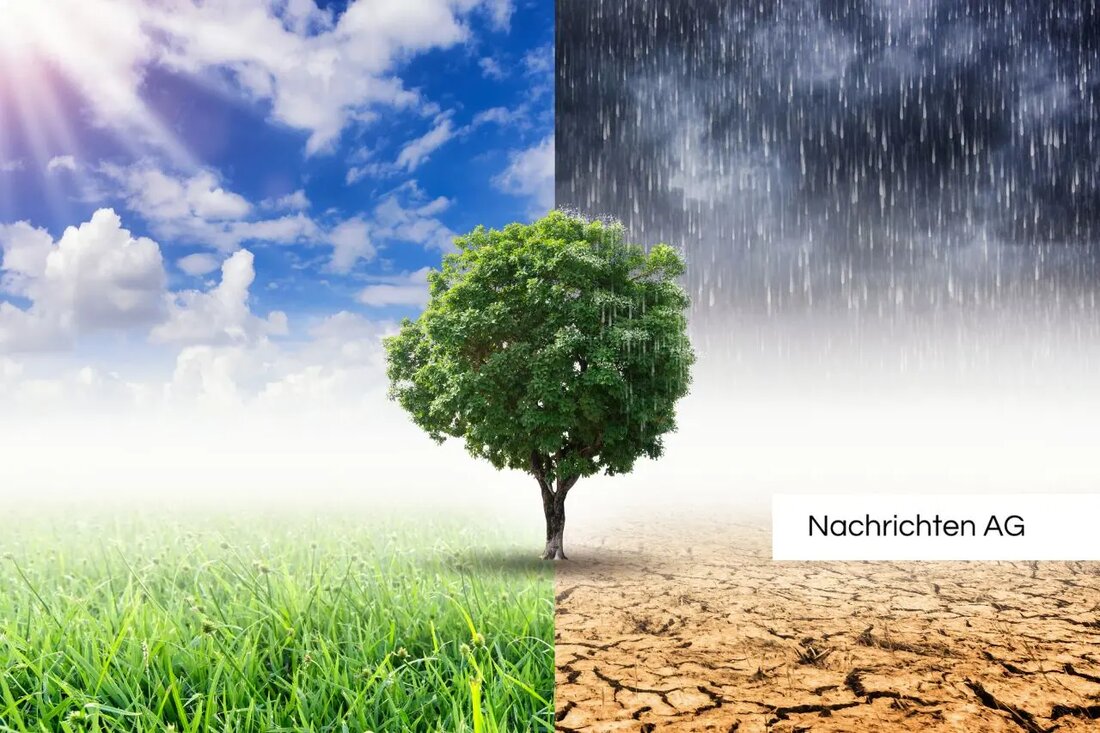Grow vegetables themselves: season gardens in the Gießen district!

Grow vegetables themselves: season gardens in the Gießen district!
In the district of Gießen, the seasonal gardens are still very popular and are now going into the third year. This initiative enables interested citizens to grow their own vegetables on leased areas. Providers provide the areas, while the participants take the opportunity to produce healthy foods and to learn more about the processes of vegetable cultivation. Christian Zuckermann, the department for nature conservation, is actively involved in inspiring more people for the cultivation of regional and sustainable vegetables. The aim is to promote a better understanding of agriculture and at the same time to support self -sufficiency in the region. According to lkgi.de brings this action together: inside and tenant: Inside, which promotes the exchange of knowledge.
The seasonal gardens offer an uncomplicated way to get into self -sufficiency. Agricultural companies plant the fields and divide them into plots of 30 square meters. The leases can maintain, harvest and enjoy their plot themselves by October. A water supply is also ensured, so that independence is guaranteed during cultivation. The local actors have the opportunity to submit ideas for the support and further development of the project. Interested parties who are interested in sustainability, climate protection or self -sufficiency are invited to participate. Suggestions can be submitted by email by the end of March.
urban gardening in the trend
The concept of the seasonal gardens is part of the growing movement of Urban Gardening. In Germany, this is increasingly becoming popular and promotes self -supply with fresh fruit, vegetables and herbs in urban green areas. Urban Gardening aims to increase sustainable food production and at the same time promote social cohesion in the cities. According to research-und-wissen.de there are, for example, around 200 community gardens and over 73,000 allotments that together offer an impressive area for vegetable cultivation.
A team of researchers from the Wuppertal Institute found that Berlin could cover up to 82% of its vegetable requirement itself with its current cultivation space. However, in order to meet the entire need, investments of around 753 million euros would be required, which would make up less than 0.5% of the city's gross domestic product. The price for locally produced vegetables could be between 2 and 10 euros per kilogram, which is still more expensive than imported vegetables. Nevertheless, the local cultivation offers the advantage of shorter transport routes and thus lower CO₂ emissions. However, it is also pointed out to the challenges that are associated with self -sufficiency and the associated infrastructures. In addition, a study by the University of Michigan shows that urban vegetable cultivation can cause up to six higher CO₂ emissions in certain cases than conventional methods.
In connection with this dynamic development, initiatives such as the season garden of Tegut ... the municipal vegetable cultivation. This is done by providing plots in urban areas, which enable the cultivation of around 20 different types of vegetables and herbs. There, organic farmers take over the planting and sowing, while the gardeners can maintain their plots from May. The extension is designed to promote both social contact and to offer healthy leisure fun. A project that has already been recognized by numerous awards shows how important this commitment is for a sustainable urban diet. Overall, the seasonal gardens in the Gießen district and similar initiatives could contribute to the solution of the challenges of sustainable food supply.
| Details | |
|---|---|
| Quellen | |
